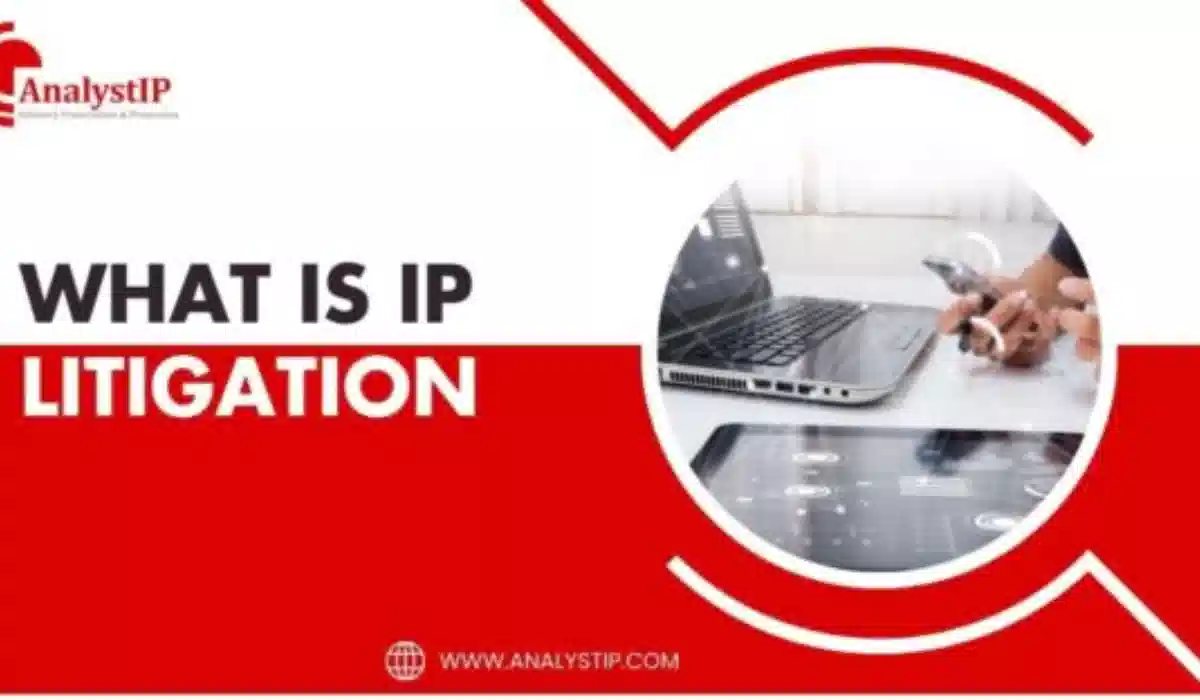
With the growing awareness around Intellectual Property Rights (IPR), more investors and innovators are actively filing applications to protect their inventions and creations. IP litigation. This surge in registrations has naturally led to a rise in disputes, as overlapping claims and infringement cases become more frequent.
In recent years, India has seen a sharp rise in intellectual property activity. Government data shows that total IP filings increased by about 44% from 2020–21 to 2024–25, with patent filings jumping 180% and Geographical Indication (GI) registrations soaring 380%. This surge in filings reflects growing awareness of Intellectual Property Rights (IPR) — and with more registrations, the potential for disputes and litigation naturally increases. But before reaching any conclusions, it’s important to first understand what IP litigation actually involves, how it functions within the Indian legal framework, and why it has become such a critical aspect of protecting intellectual property.
What is IPR litigation in India?
Before diving into IPR litigation, it’s important to first understand what litigation itself means. Litigation is the legal procedure through which disputes are resolved by initiating and conducting proceedings in a court of law. It involves presenting arguments, evidence, and legal reasoning before a judge (and sometimes a jury) to seek justice or enforcement of rights. IPR is a set of legal protections granted to creators and inventors for their original works, inventions, designs, or brand identities. Now, when we talk about IPR litigation, we are referring to legal proceedings specifically focused on enforcing or defending intellectual property rights (IPRs).
Read Also: UKIPO Introduces New Rule Stricter Checks on Trademark Applications
Basic Legal Framework for IPR Litigation in India
The legal framework of IPR litigation in India is closely associated with the country’s well-established intellectual property laws. India has developed a comprehensive system to protect and enforce Intellectual Property Rights (IPRs), supported by a combination of legal statutes, procedural mechanisms, specialized forums, and international obligations.
Types of IPR disputes in India.
In India, IPR legal disputes typically involve patent infringement (unauthorized use of inventions), trademark infringement (use of identical or similar marks), and copyright infringement (unauthorized copying of creative works). Other common disputes include design infringement, passing off (misuse of unregistered trademarks), domain name conflicts, trade secret theft, Geographical Indication (GI) misuse, and licensing or royalty breaches. These disputes arise when intellectual property is used without permission, affecting the rights and interests of the rightful owner.
The IPR litigation framework includes:
- Substantive Laws—These define and grant various intellectual property rights, including patents, trademarks, copyrights, industrial designs, and geographical indications.
- Procedural Laws—These outline the formal legal processes for asserting and defending IPRs in courts, primarily governed by the Civil Procedure Code and the Evidence Act.
- Specialized Judicial Forums—In India, intellectual property disputes are primarily heard by commercial courts or district courts, depending on the jurisdiction and value of the claim. High Courts also play a major role, with several having original jurisdiction over certain IP matters.
In recent years, specialized Intellectual Property Divisions (IPDs) have been established within some High Courts to handle these cases more efficiently. A notable example is the Delhi High Court’s IPD, which became operational in 2022 and has since streamlined procedures, improved case management, and contributed significantly to the development of Indian IP jurisprudence.
- International Treaties—India is a signatory to several global agreements, including:
- TRIPS (Trade-Related Aspects of Intellectual Property Rights)
- Berne Convention (for copyright)
- Paris Convention (for patents and trademarks)
- Madrid Protocol (for international trademark registration)
- PCT (for international patent filing)
The process of IPR litigation in India
The process of handling intellectual property (IP) disputes in India starts when the rights holder initiates a legal case in a suitable court, such as a District Court, Commercial Court.
The general steps include:
- Case Filing: The IP owner submits a formal complaint to the court, explaining the violation and requesting legal protection.
- Pre-Institution Mediation: Under the Commercial Courts Act, 2015, intellectual property disputes are classified as “commercial disputes,” which means they usually require pre-institution mediation under Section 12A before a case can proceed. However, if urgent interim relief is sought — as is common in IP cases — courts often waive this step to allow immediate action.
- Temporary Protection (Interim Relief): The court may issue a temporary order to stop the infringing activity until the case is resolved.
- Response from the Other Side: The accused party (defendant) files their written reply or defense.
- Presentation of Evidence: Both parties present relevant documents, expert opinions, and witnesses to support their claims.
- Final Hearing and Decision: The court reviews all materials, hears final arguments, and issues its decision—this could include orders to stop the violation, pay compensation, or remove infringing products.
- Challenging the Decision (Appeal): Either side can challenge the court’s decision by appealing to a higher court.
In complex cases, courts like the Delhi High Court have special Intellectual Property Divisions (IPDs) with judges who focus only on IP matters such as patents, trademarks, and copyrights. Created in 2021 and fully active since 2022, the IPD speeds up cases, ensures expert handling, and helps deliver more consistent decisions.
Read Also: List of required documents for patent filing in India
